Uniswap Protocol is one of the largest onchain marketplaces, and one of the pioneers of the crypto industry.
Founded by Hayden Adams in 2018, Uniswap Labs replaced traditional order books with liquidity pools.This allowed users to trade ERC20 tokens directly from their wallets without intermediaries. As pioneers in DeFi, Uniswap Labs tackled significant challenges like low liquidity and inefficient order matching that earlier DEXs faced. By enabling anyone to become a liquidity provider, it democratized market making and enhanced liquidity across the platform. This innovative approach not only made trading more accessible but also spurred the widespread adoption of AMMs in the DeFi space.
Expanding beyond its role as a DEX, Uniswap now offers a comprehensive suite of tools including a web app, mobile wallet, and browser extension. These additions focus on multi-chain support and enhanced security, providing crypto users with an easy way to trade, track their portfolios, and securely hold their NFTs and collectibles.
SimpleHash x Uniswap
As part of its core wallet product, Uniswap Labs makes it easy for end-users to check their token balances, along with full support for NFTs across a broad set of EVM chains. Uniswap Wallet relies on SimpleHash to query the full set of collectibles held in any given wallet - enabling the wallet to display the full set of metadata, price data, media and attributes, without having to build this infrastructure themselves.
The team selected SimpleHash based on a set of key priorities - reliability and accuracy of token rendering, breadth of support for L2 networks, and the full integration of metadata, media caching, and spam filtering via a single API.
Uniswap Labs makes use of four key components of the SimpleHash API platform, specifically:
- Querying and rendering the full balance details of a user's NFT holdings
- Rendering the cached media for an NFT for faster load times, and avoiding broken image links
- Providing the detailed view of an NFT token
- Filtering out spam NFT tokens
Beyond direct use of the endpoints, by using SimpleHash, Uniswap Labs improved its developer experience in working with collectibles data in a few other key areas:
By using the media links provided on each NFT response obtained from SimpleHash, Uniswap Labs avoids the need for either looking up the original source (which may be slow to access, dead, or an uncommon format), or having to build out a full media processing and caching pipeline themselves.
Keeping collections up to date can be a challenge (especially in the case of dynamic NFTs or updatable token data) - but the SimpleHash API automatically refreshes collections and their constituent tokens in the case of reveals, drops, or updates - allowing for a better user experience, less risk of stale data, and ultimately better retention.
Uniswap Wallet is also able to take advantage of the fact that the SimpleHash API supports not just multiple EVM L2 chains, but also querying multiple wallets and chains simultaneously, reducing request load, and contributing to a seamless multi-chain experience as networks proliferate.
Looking ahead
Even as NFT and token standards evolve, the overall workload on the Wallet team to support these changes will be minimal, as the SimpleHash API returns a common schema, and is continuously updated as new interfaces and token types proliferate.
Uniswap is one of the key pillars of the DeFi and crypto ecosystem - we've loved working with their teams to bring the best possible experience to their users. We're excited to keep supporting them as they continue to innovate and build a world where markets are more transparent, global, and user-centric - Olly Wilson, CEO, SimpleHash


















